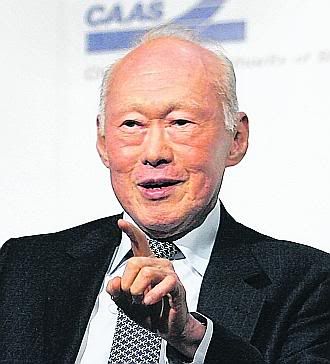I think you have been misinformed badly. A maid or housekeeper is no different to a gardener, the handyman or anyone employed by a family. They are just that - employees. They cannot demand to sit at the family table. The contract specifies provision of meals and appropriate accommodation which are certainly more superior than Singapore or Asia.
I have worked in the US, UK and the majority do not have maids. Those that do have maids are for the day only. The live-in maids are rare or in many asian household, a relative. In the UK its usually an Au Pair.
There will always be exceptions where the maid are treated as a family members. Even in Singapore I have seen families treat their maids as such.
You must be watching the Brady Bunch too much.
I worked in the US as a legal assistant in a law firm. As far as I know, a contract between 2 private parties (i.e. an employee & an employer) can always be overruled by gov't law whether by State Law or Federal Law. So, even if the employment contract specifies that a live-in maid can't eat the same food and sit at the same table as the employer, the maid always have the legal right to sue for discrimination under law. The law in America is based on Common Law which is basically based on case precedents. Laws in America are also based on State and Federal statues. This means that existing laws against any type of discrimination doesn't have to be explicitly specific like for example
"it's illegal for employers to prohibit their live-in maids to eat the same food and sit at the same table during meals." But there are laws in America that very broadly prohibits any type of discrimination. Thus, it all boils down to legal interpretation of the broadly defined anti-discrimination law & how much evidence the maid has against her employer for discrimination. It also depends on how good her lawyers are in arguing her case in court to set a new legal case precedent if there's no legal case precedent in the past. It also depends on the impartial jury to decide, by a preponderance of the evidence, if the maid is being discriminated or not.
As far as I'm concerned, those wealthy Asian families in America that I met had live-in maids that share the same food & table as their employers.
Their Asian maids are not their relatives & live-in with the employers during the weekdays, but go home to their families during the weekends & holidays.
I had never lived in the UK before, thus, I can't comment about how employers there treat their maids.
That's right. Most people in America don't have maids bec most of them are middle income people in debt struggling to make ends meet.
But wealthy Asians in America who have live-in maids are obviously better informed & know the law better than most middle income & poor people.
Most Asian employers in America, that have Asian maids that stay only for the day or have live-in maids who are their relatives, are of middle income & upper middle income backgrounds. Thus, maids that stay only for the day usually don't share the same food & table when the employers are at work. Maids who are relatives of the employers won't sue. Which maid wants to sue her own relative and subsequently lose face with their other relatives? Also, most middle income & upper middle income people in America are in debt which means they don't have much home equities (if any) and other fully owned high valued assets, that are free & clear of any encumbrances, for the maids and their lawyers to pursue in court.
Frankly, I don't watch much TV & movies. What is the Brady Bunch? Care to share?



